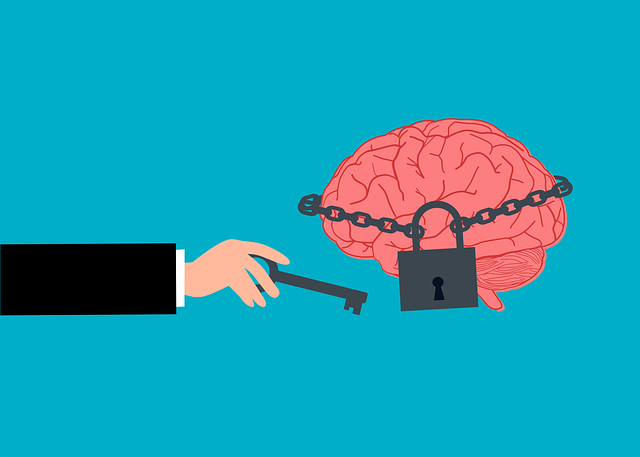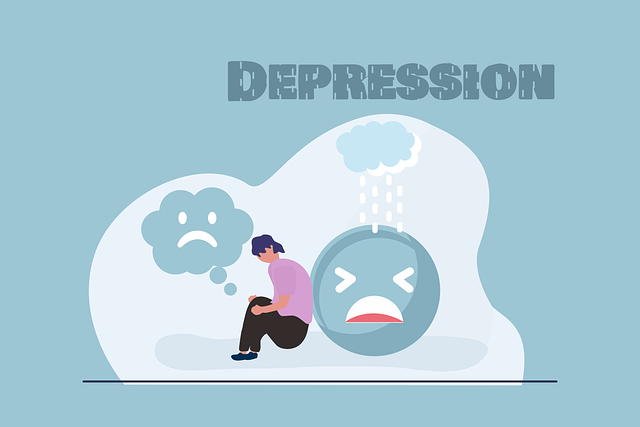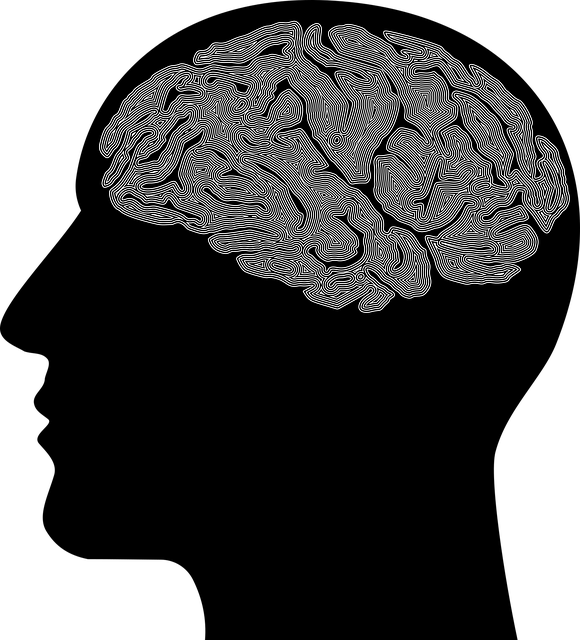Adolescent Oppositional Defiance Disorder (ODD) is a behavioral disorder characterized by argumentative, defiant, and hostile behavior towards authority figures. Early intervention with evidence-based therapies like cognitive behavioral therapy (CBT), emotional intelligence training, trauma support, and self-esteem improvement can significantly improve outcomes for teens with ODD. Engaging educational programs focused on mental health awareness, featuring peer discussions and real-life stories, break down stigma and empower teens with coping strategies. Collaborative efforts between educators, professionals, and families implementing therapeutic strategies promote access to therapy and tailored stress management, fostering positive changes in emotional regulation and social interactions for teens with ODD.
Mental health education programs play a pivotal role in fostering well-being, especially among adolescents grappling with conditions like Oppositional Defiance Disorder (ODD). This article delves into the intricate process of designing engaging educational initiatives to raise mental health awareness. We explore ODD’s symptoms and impact on teens, offering insights into early identification. Furthermore, we provide practical strategies for implementing therapeutic approaches within these programs, focusing on evidence-based methods to address ODD effectively. By integrating these techniques, schools and communities can empower teens with the tools needed for emotional resilience and successful management of ODD.
- Understanding Adolescent Oppositional Defiance Disorder (ODD): Symptoms and Impact
- Creating an Engaging Educational Program for Mental Health Awareness among Teens
- Implementing Therapeutic Strategies: Addressing ODD through Education and Support
Understanding Adolescent Oppositional Defiance Disorder (ODD): Symptoms and Impact

Adolescent Oppositional Defiance Disorder (ODD) is a behavioral disorder characterized by persistent patterns of argumentative, defiant, and hostile behavior towards figures of authority. This condition often manifests during childhood and can significantly impact a teen’s life, affecting their relationships, academic performance, and overall well-being. ODD symptoms include frequent arguments with parents and other adults, active defiance and refusal to comply with rules, anger and irritability, and vindictive behavior.
Understanding ODD involves recognizing its potential causes, which may include genetic predisposition, brain abnormalities, environmental factors such as trauma or parental conflict, and low self-esteem. The disorder can have a profound impact on teens, leading to problems at school, in social settings, and within the family. However, with early intervention and appropriate therapy for adolescent teens with ODD, such as cognitive behavioral therapy (CBT) and emotional intelligence training, significant improvements are achievable. Trauma support services and self-esteem improvement strategies can also play a crucial role in managing and mitigating the effects of this condition.
Creating an Engaging Educational Program for Mental Health Awareness among Teens

Creating an engaging educational program for mental health awareness among teens is a powerful tool to combat the rising rates of mental illness in this demographic. Engaging content tailored to adolescents, such as interactive workshops and peer-led discussions, can break down the barriers often associated with seeking help. Incorporating real-life stories from teens who have successfully managed conditions like Oppositional Defiance Disorder (ODD) through therapy can offer hope and inspiration, reducing the stigma surrounding mental illness.
Mental wellness coaching programs development should focus on not just teaching signs and symptoms, but also empowering teenagers to take proactive steps towards self-care routine development for better mental health. By fostering open conversations about emotional well-being, these programs can equip teens with coping strategies and resilience, ensuring they have the tools to navigate their mental health journeys effectively.
Implementing Therapeutic Strategies: Addressing ODD through Education and Support

Implementing therapeutic strategies is a key component of effective mental health education programs, particularly when targeting issues like Oppositional Defiant Disorder (ODD) among adolescent teens. Education and support play a pivotal role in addressing ODD, which often manifests as persistent defiant behaviour, temper tantrums, and hostility towards figures of authority. By integrating evidence-based practices into the curriculum, schools can foster an environment conducive to emotional well-being promotion techniques, helping students develop healthier coping mechanisms.
Mental health policy analysis and advocacy are essential for ensuring these programs gain traction and sustainability. This includes advocating for access to therapy for adolescent teens with ODD, as well as implementing stress management strategies tailored to their unique needs. Through collaborative efforts between educators, mental health professionals, and families, comprehensive programs can be designed to not only manage symptoms but also cultivate long-lasting positive changes in emotional regulation and social interactions.
Mental health education programs play a pivotal role in addressing issues like Adolescent Oppositional Defiance Disorder (ODD). By incorporating engaging strategies, such as interactive workshops and peer support groups, we can effectively raise awareness and provide early interventions. Integrating therapeutic techniques into these programs offers a comprehensive approach to managing ODD symptoms, fostering resilience, and ultimately improving the mental well-being of adolescent teens. This multi-faceted strategy ensures that teens receive the necessary tools and support to navigate their challenges and thrive in their personal growth journeys.








